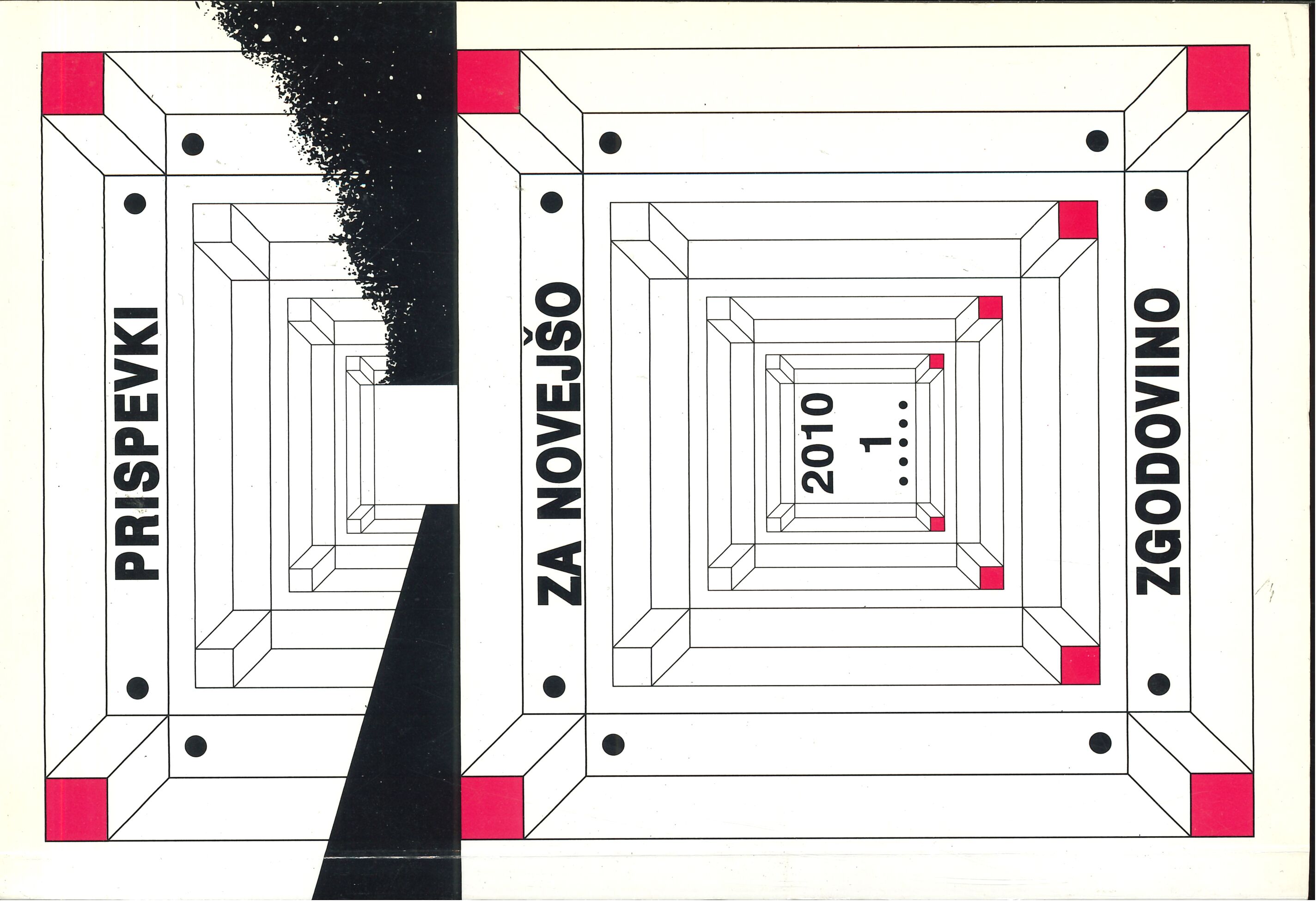Mission Maple and Captain Charles Fisher
Keywords:
Slovenia, Second World War, partisans, Allies, military missions, US intelligence service OSS, Maple MissionAbstract
The American captain Charles Fisher was the commander of the US Maple Mission, sent to join the Slovenian partisans in the 4th Operation Zone by the Office of Strategic Services - OSS. The task of this mission was to advance to Austria, organise a resistance there and keep sending the intelligence it collected to the base. Throughout its stay with the partisans, the movement of this mission was restricted. Furthermore, the partisans prevented it, in various ways, from proceeding north. Therefore in his reports Fisher was very critical and expressed many complaints about the partisan movement. Finally he managed to make his way to the Pohorje hills, while eight of his agents returned to base due to the emergency situation. On 26 December 1944 Fisher and the partisans fell into a German ambush in the Tuhinjska dolina valley, and Fisher was killed. His work was continued successfully by the surviving members of the mission, operating under the name Grady-Mansion group and supplying the base with intelligence from the field, which was very useful to the Allies. The OSS attempts to organise a resistance in Austria were completely unsuccessful. The partisans impeded any attempt of OSS missions and groups to infiltrate Austria as well as the possibility of a successful resistance against the Nazis being organised there.
Downloads
Published
Issue
Section
License
Authors who publish with this journal agree to the following terms:
- Authors retain copyright and grant the journal right of first publication with the work simultaneously licensed under a Creative Commons Attribution License that allows others to share the work with an acknowledgement of the work's authorship and initial publication in this journal.
- Authors are able to enter into separate, additional contractual arrangements for the non-exclusive distribution of the journal's published version of the work (e.g., post it to an institutional repository or publish it in a book), with an acknowledgement of its initial publication in this journal.
- Authors are permitted and encouraged to post their work online (e.g., in institutional repositories or on their website) prior to and during the submission process, as it can lead to productive exchanges, as well as earlier and greater citation of published work (See The Effect of Open Access).


